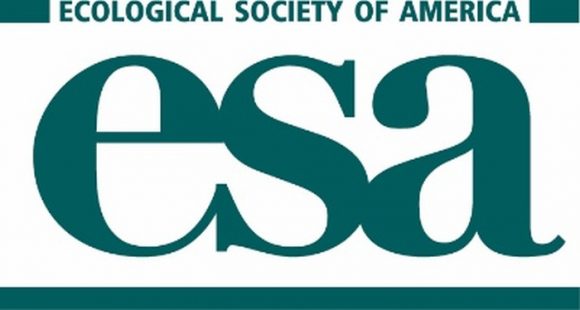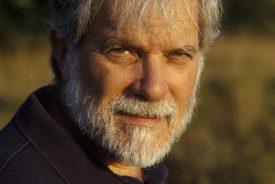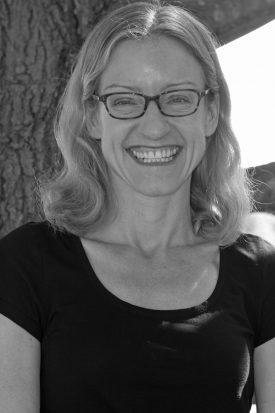 Steven Handel, Distinguished Professor, and Rachael Winfree, professor, Department of Ecology, Evolution, and Natural Resources, were elected 2021 Fellows of the Ecological Society of America (ESA) for their contributions to the science of ecology.
Steven Handel, Distinguished Professor, and Rachael Winfree, professor, Department of Ecology, Evolution, and Natural Resources, were elected 2021 Fellows of the Ecological Society of America (ESA) for their contributions to the science of ecology.
ESA Fellows, who are elected for life, are members who have made outstanding contributions to a wide range of fields served by the society, including, but not restricted to, those that advance or apply ecological knowledge in academics, government, non-profit organizations and the broader society.

Steven Handel, Distinguished Professor, Department of Ecology, Evolution, and Natural Resources.
Handel was elected for contributions in urban restoration ecology, including research on opportunities and methods for adding ecological enhancements to degraded areas; for building important bridges to the landscape architecture profession in prize-winning public projects; and for revising university curricula to better incorporate ecological concepts into landscape design practices. He is a Certified Senior Ecologist of ESA and editor of the journal, Ecological Restoration.

Rachael Winfree, Professor, Department of Ecology, Evolution, and Natural Resources.
Winfree was elected for excellence in research on the relationship between biodiversity and ecosystem function in real-world systems; the ecology of pollinators and pollination; and how both are affected by global environmental change. From 2015-2019, she was one of approximately 170 scientists worldwide–and one of approximately 20 women–on the list of highly cited researchers in the field of environment/ecology.
ESA established its Fellows program in 2012 with the goal of honoring its members and supporting their competitiveness and advancement to leadership positions in the society, at their institutions and elsewhere. The society’s fellowship program recognizes the many ways in which its members contribute to ecological research and discovery, communication, education and pedagogy, and management and policy. Past ESA Fellows are listed on the ESA Fellows page.
Ecological Society of America, which was founded in 1915, is the world’s largest community of professional ecologists and a trusted source of ecological knowledge, committed to advancing the understanding of life on Earth. The 9,000 member society publishes five journals and a membership bulletin and broadly shares ecological information through policy, media outreach and education initiatives. The society’s annual meeting attracts 4,000 attendees and features the most recent advances in ecological science.

